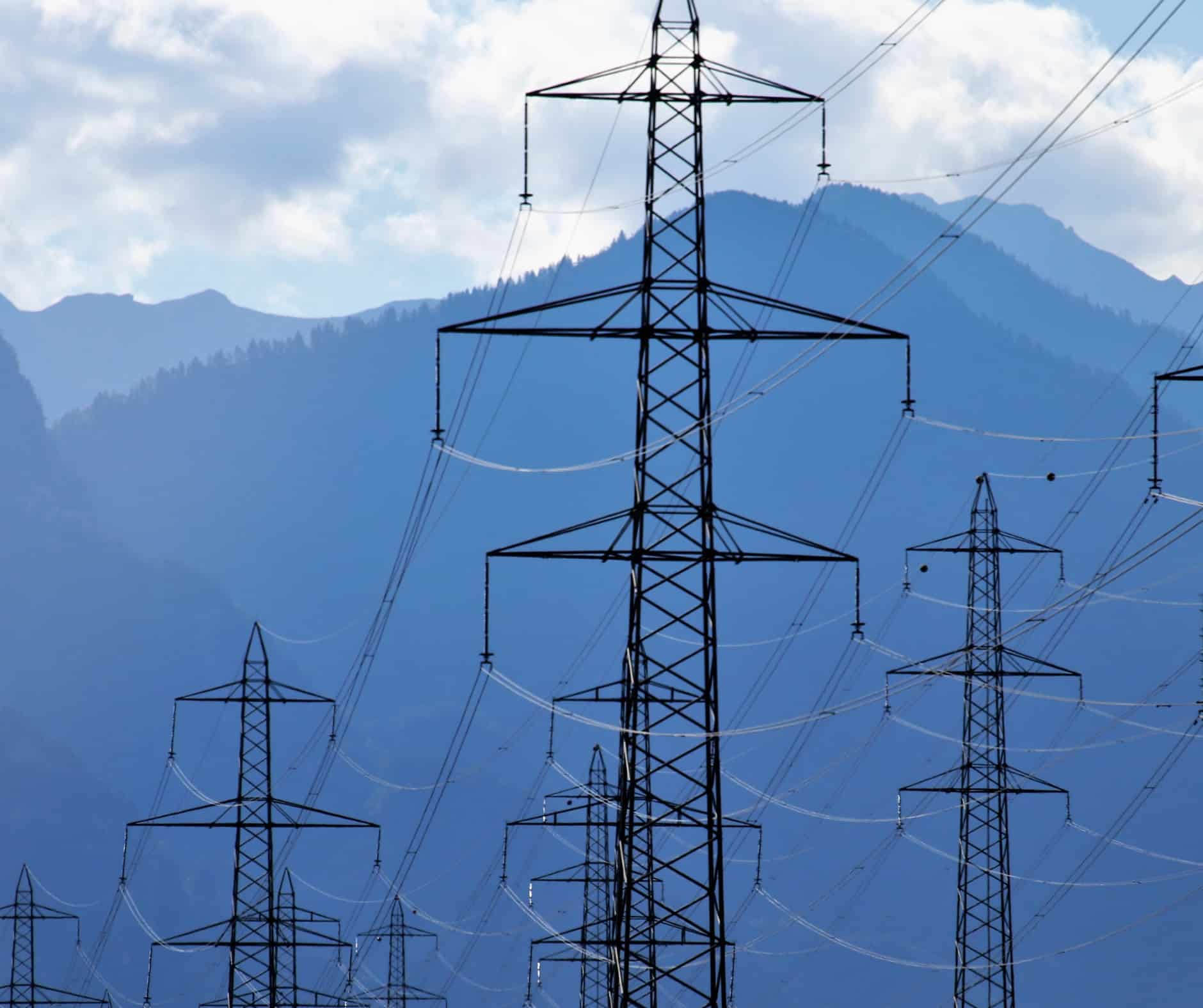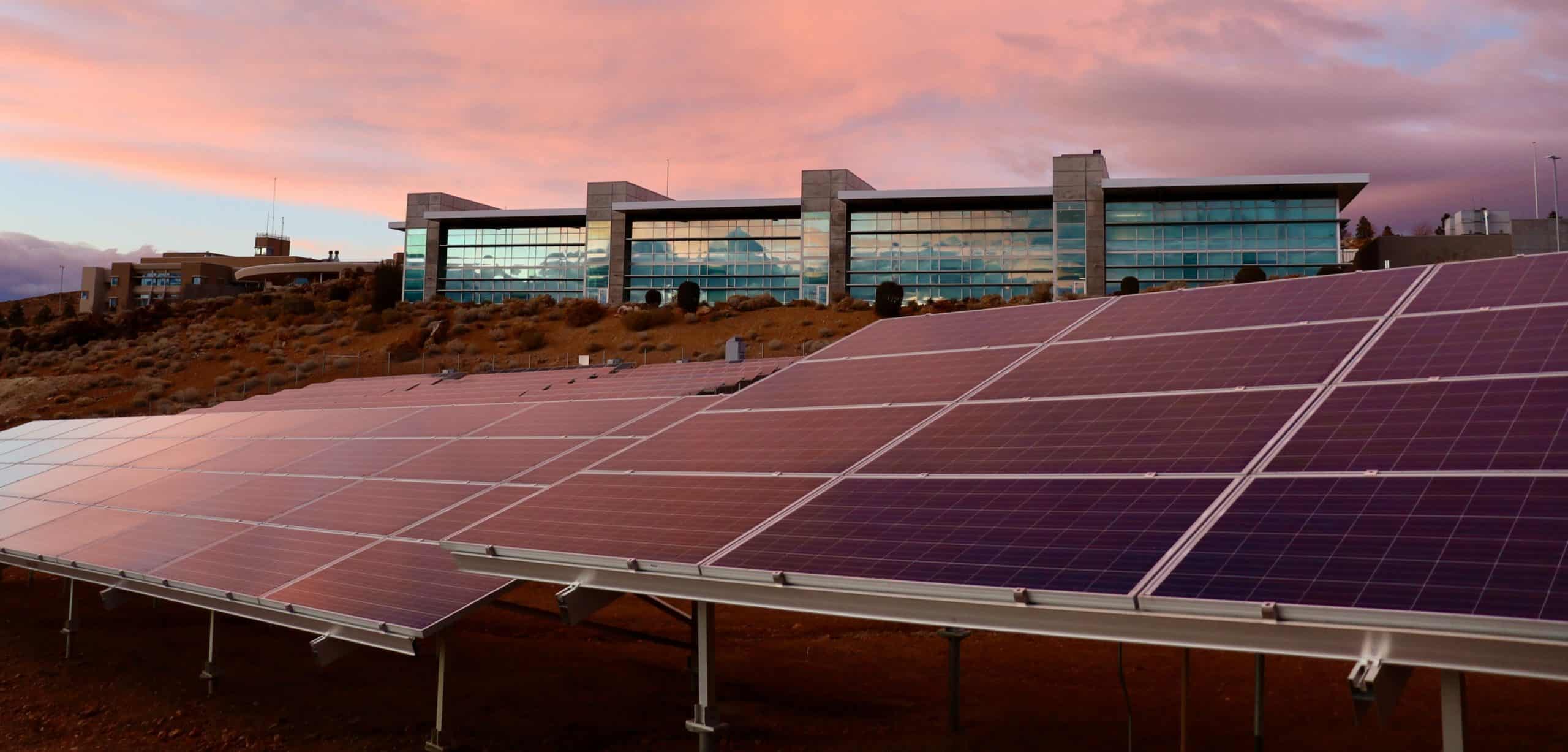Save Now, Pay Later.
With flexible payments from handypay.
Save Now, Pay Later.
With flexible payments from handypay.
Published

Energy how is it measured, how does it relate to the things we use every day.
DMS Energy as our name indicates specialises in energy and we talk about it, think about it all the time. Probably a bit too much.
For most people their only real exposure to measurements of energy is their power bill. Your energy retail energy meter measures how much energy you purchase and in the case of solar system owners how much you sell in kilowatt hours (kWh)
To keep it all on the same wave length everything we are going to talk about to day is going to be in kWh though there are many ways we can can measure and tabulate energy such as British Thermal Units, kilojoules and Calories are all examples of units of energy.
What is a kilowatt and what is a kilowatt hour?
A Kilowatt is 1000 watts and to keep this relative most kettles are 2000 watts
As soon as you hit the button to boil some water it consumes 2000 watts.
Kilowatt Hour is energy consumption over time. So if I had that same kettle using 2kW for 1 hour I would have consumed 2kWh.
If that 2kW kettle had been boiling for half an hour I would have consumed 1kWh. This is what your meter is doing. It is recording how much power you are using at any given moment in time and tabulating it every hour for a total. So when you see you consumed say 900kWh of electricity for the last 90 days this is what that means.
So we know the difference between a kilowatt and a kilowatt hour how does that translate to things we use every day?
The best way is to work out the cost we are paying per kWh. Let’s say we are heating a small home and we have worked out we need 6kW of heating input to heat that space to 21 degrees Celsius.
If we used a direct electric heater (like a Pure Heat or IXL) to heat that space and the electric heating tariff is 17 cents per kWh to buy that energy. It would cost $1.02 per hour to heat that space per hour.
6kW x 1hr = 6kWh
1kWh = $0.17 per unit
6kWh x $0.17 = $1.02 (running cost per hour)
The same house needing 6kW of heating energy input to warm it using a heat pump will be much cheaper as for every 1 kW of energy we buy we typically get 3kW of energy input into area we are trying to heat.
So that translates to 34 cents per hour. This ratio of increased energy is called the Coefficient of Performance (COP)
6kW divided by a COP of 3 = 2kW
2kW x 1hr = 2kWh
2kWh x $0.17 = $0.34 (running cost per hour)
That is much cheaper. This is why heat pumps are the most efficient electric heating and so popular. But they have their draw backs and some people are not fond of how heat pumps heat a space but by in large the convenience and the running costs over come most qualms.
Can Kilowatt hours can be calculated for non electric heat sources?
They sure can.
Wood pellet fires are becoming a popular heat source and we recommend them to some of our off grid customers.
There is around 5kWh of energy in available in every kilo of pellets and pellet fires are around 87% efficient as some of that energy goes out the flue. Which means around 4.3kWh of energy is available to us per kilo of pellets. Best price I could find for pellets in Tassie was 58 cents per kg and that works out to be 13 cents per kWh or 78 cents per hour to heat our imaginary house that needs 6kW of heat energy.
$0.58 per kg divided 4.3kWh (energy available per kg) is around 13 cent per kWh
6kWh x $0.13 = $0.78
So direct electric was $1.02 per hour, next cheapest was pellet fire for $0.78 per hour and then heat pump was the most cost effective for $0.34 cents.
Then we have firewood?
Yes good old Tassie firewood we are looking at around 5.5kWh per kilo of wood. The maths gets a bit messy here as wood is sold by the cubic metre and not by weight but a cubic meter of dry wood ready to burn is around $100 per cubic metre. A cubic meter of hardwood can weigh around one tonne. (but the maths are so subjective here as to be close to inconclusive)
Wood heaters are around 75% efficient. I wont bore you with the workings out but it works out around 14 cents per hour to heat our imaginary house that needs 6kW of energy per hour to heat in theory. In truth we tend to run them much harder than this burn much more wood or the wood may not be seasoned properly which severely impacts on the efficiency of the wood heater. Then you have to stack it, bring it in, deal with the dust and spiders as well. Plus there is the environmental impact of the smoke and what have you to consider. But if you have ready access to this resource for free or little cost and do not put any value on your time then wood is still the cheapest heat source.
These calculations are super basic and there is many more considerations to take into account for a proper heating design but it gives you a crude idea on how foundations of design in regards to energy efficiency and performance take place.
We now know what a kilowatt is and a kilowatt hour is and how they that can apply to our lives. When we talk about a 5kW solar system the best it could ever make is 5kW at any given time but over a sunny summer day it might generate 40 kilowatt hours of energy.
It’s all relative.
DMS Energy are the the northwest coasts energy experts, from solar, lighting, heating and ventilation we have to the solutions for all your energy needs.

Simple, Low Rate Green Loans

Introducing award winning finance provider, Handypay, to bring you the most Competitive, Flexible and Versatile finance solution available in the home improvement industry today!
We have partnered with Handypay so customers can access a simple, affordable green loan for their solar panels and home batteries. Get a no-obligation quote and pre-approval in minutes, not weeks.
DMS Energy strives to Honestly, Ethically and Accurately assist Tasmanians to meet their energy reduction goals.
DMS Energy have advised countless locals on the right energy solutions for their home’s and business’s.




DMS Energy are not your typical energy efficiency salesmen! We are long time locals offering expert advice on solutions that are tailored to your individual needs. Talk to one of our experts today.